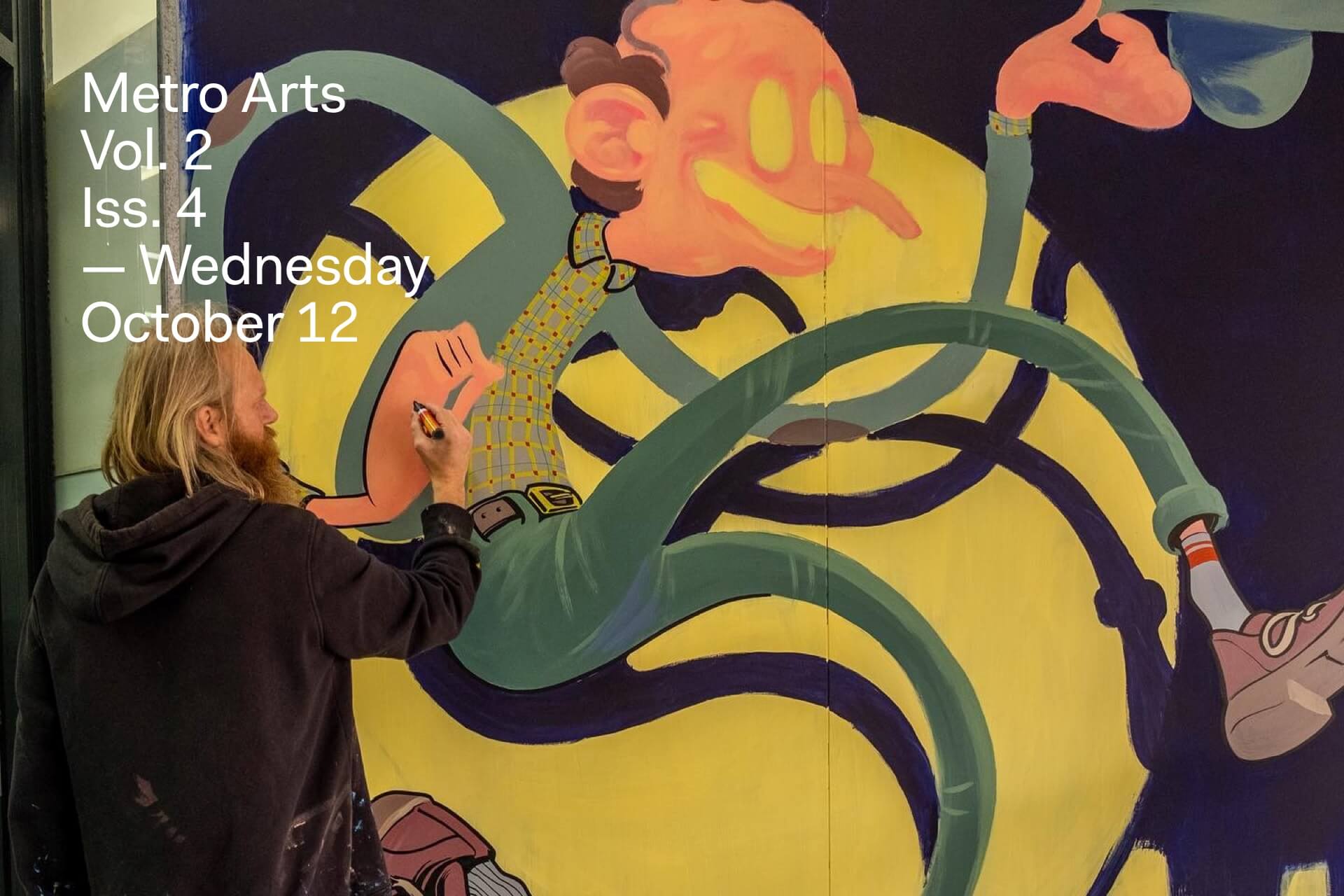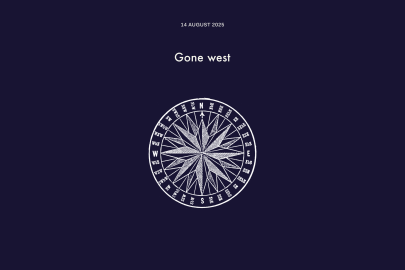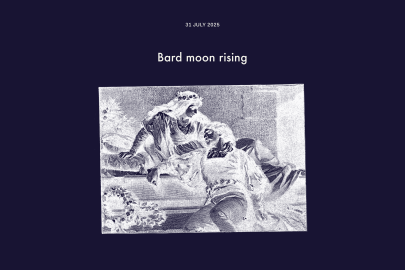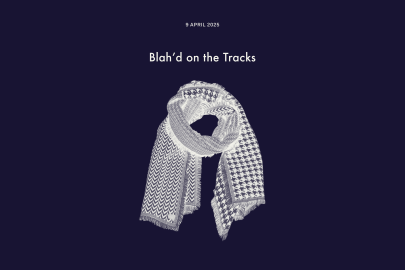Oct 12, 2022 Metro Arts
Image: Elliot Francis Stewart at 56 High St — Art in the City
Kia ora koutou –
The last few days have been a period of mourning for many around me following the results of the Auckland mayoralty race. Personally, I’m in denial: I’m choosing to avoid confronting (for now at least) the implications of the result by turning my attention to things more hopeful in the wider political sphere.
I recently watched Meng, a bilingual documentary on New Zealand’s Race Relations Commissioner, Meng Foon. It has a lot to teach us about solidarity with tangata whenua and the vexed question of life as tauiwi/non-Māori in a country founded on Indigenous dispossession and settler colonial violence. This week’s newsletter is the second part of my reflection on identity; you can read last week’s here, if you missed it.
In their gently critical, hour-long portrait of the former mayor of Gisborne, director and producer duo Julie Zhu and Steven Chow trace how Meng navigates his public role as Race Relations Commissioner at a national level after 18 years in local politics — but most importantly, the documentary is underpinned by an interest in relationships between tangata tiriti and tangata whenua in Aotearoa today. It’s told from a Chinese-New Zealand perspective but it has relevance to all of us who find ourselves living in Aotearoa.
As well as charting several episodes in Meng’s personal life, Chow and Zhu’s documentary moves through the turbulent Covid-19 months of lockdowns and Zoom calls, and works its way to the widely debated, and later revised, statement by Meng regarding the racism of the nation’s police. In my recent conversation with Chow, one of the documentary’s directors, he suggested Meng might be a little naive to the political gamesmanship at play — and the ways in which his words might be used against him. I’m not so convinced that’s the case; I think Meng is so often deliberate in choosing what is principled even when it seems impolitic. And many continue to hold him in high regard because of this candour, which is a far cry from the usual mealymouthed rhetoric doled out by most public figures. As Meng’s other director Julie Zhu says: “It is rare to find older tauiwi/non-Māori who are vocal about being tangata Tiriti, who champion the rights of tangata whenua.”
But it can also be too easy a reflex to make an exception of figures like Meng, characters so idiosyncratic they let the rest of us off the hook. True, he is committed and tireless in a way that many would find difficult to live up to; he is forever active, moving from one event to the other, from moments of solemnity to lighter occasions with grace and ease. But the best documentaries on a single figure remind us how ‘the one’ is always the product of ‘the many’: the singular leader-figure has a team behind him, the support of family, and most importantly people around him to advise and guide his actions. The singular leader-figure is formed in the crucible of a history too, as we’re reminded. (Especially memorable are Meng’s recollections of a childhood spent in his father’s shop observing the many cultures around him, and his earlier years in a kapa haka group.)
Chow and Zhu have created something improbably expansive for its relatively short duration. It’s the result of some judicious editing – hours spent carving, from a mass of material, a form that can hold our attention. When I ask Chow if they had to leave anything on the cutting room floor for political reasons he says no, but there are evidently some matters of significance that didn’t make their way into the documentary. Chow mentions Meng’s history as a businessman in Gisborne in the nineties and his involvement with racing, liquor and gambling institutions, something which Meng himself has acknowledged as a harmful misstep in his history. Then there is the notable absence, in the documentary, of a perennial concern levied at Meng and others: one relating to how much bandwidth or space — to use the parlance favoured by my generation — tauiwi/non-Māori should take up in these struggles.
Like all of us, the documentary comes up against time as a factor with which it must reconcile its ambitions to redress the wrongs of the past. It also reminds us that the passing of time alone is not some miracle cure — the effects of historical incursions will resurface as unbidden guests in the national psyche; repressed harm will always find its moment of return — in our governments, in our schools, and in our homes. In one memorably thorny scene, Meng attends a Pan-Asian hui during which one of the attendees confronts him with the question of who can and cannot lay claim to Māoritanga. The attendee’s question is, perhaps predictably, stated in terms that call to mind blood quanta, and ageold racial pseudo-science, reminding us how such thinking is not the exclusive domain of rightwing zealots and conspiracy theorists; its something that lurks within polite society albeit in less crude ways.
Meng reminds us of the many prejudices and misunderstandings among minoritised groups including the anti-Asian sentiments that stalk our definitions of who is and isn’t a New Zealander. (I wish there was more discussion on this topic. For those interested in grappling with this further, I’d recommend K. Emma Ng’s Old Asian, New Asian – a relatively short but potent book length essay on Chinese New Zealand histories.)
It’s always a pleasure to witness the flourishing of the TV documentary and to acknowledge that the accessibility of this medium doesn’t have to be at the expense of smart, critical, sensitive commentary — and above all a commitment to craft.
Meng originally screened on Whakaata Māori (Māori Television) on Monday 12 September. It is currently available to view on Maori Plus, and it’ll be made available later through RNZ.
— Tendai
Recommendation
Art in the City 2022
Multiple locations across Auckland’s city centre
Friday 7 October – Sunday 16 October
Over one hundred installations, exhibitions, guided walks, murals, performances, talks, markets, and workshops are set to bring life to the city centre for a celebration of Spring with Art in the City 2022.
The annual art programme in the heart of the city delivered in partnership with Auckland Council and alongside other city centre stakeholders is always popular, and this year will be no different – it’s set to bring people into the city to experience a free programme of art that will not only ignite the imagination but also bring significant energy and buzz.
Embrace the renewal of Spring as Art in the City gives you every reason to come into Tāmaki Makaurau’s city centre this October. Whether it’s with the art installations on offer at Changing Lanes, relaxing on the Fryberg Steps, enjoying the Late Night Art offerings or seeing what’s going on in the Urban Village there’s something on offer for everyone.
More details here.
Calendar
Pacific Dance NZ Artist in Residence Program
Free Public Workshops at Wesley Community Centre from 20 August 2022, Saturdays: 3–7 pm
Celebration and showcase during Niuean Language Week (15 – 22 October): Saturday 22nd October
The Whale Rider by Witi Ihimaera
Tim Bray Theatre Company
24 September – 12 November
Nikau Hindin: Manu Aute: Rere Runga Hau
Season
8 October – 19 November
Zac Langdon Pole: Porous World
Michael Lett Gallery
15 October – 10 December
The Soundtrack from Moulin Rouge (performed live in concert)
The Civic
15 October, 8pm
A Traveller’s Guide To Turkish Dogs
Loft, Q Theatre
18 – 23 October
Melanesian Festival Auckland
Waitematā Rugby Club Grounds
22 October, 9am – 5pm
The Wedding
Basement Theatre
25 – 29 October
Capitol Cinema Film Club presents: Husbands by John Cassavetes
The Capitol Cinema
26 October, 5.50pm
The Artist
Rangatira, Q Theatre
8 – 12 November






